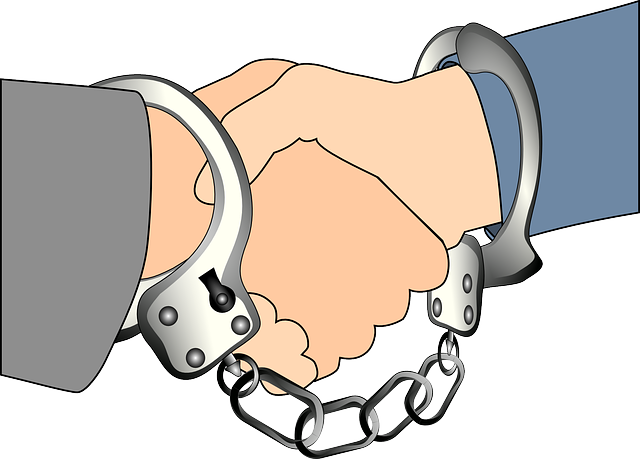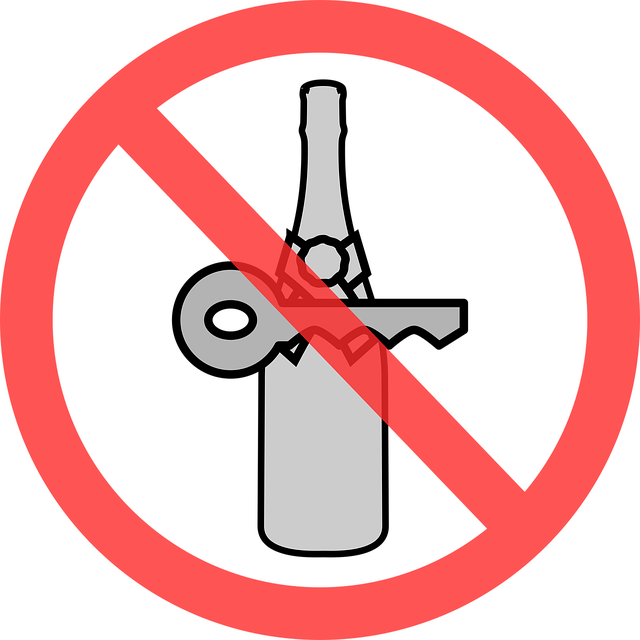Home ownership can be a powerful tool in protecting your assets, especially for individuals facing challenges like a history of DUI. In this comprehensive guide, we explore how homeownership impacts asset protection, delving into legal considerations and strategic approaches tailored to high-risk reoffenders. From understanding the complexities of DUI management to uncovering long-term benefits, this article navigates the intricate relationship between home ownership and risk minimization. Key topics include effective strategies for safeguarding property and the profound positive impact of homeownership on at-risk individuals’ futures.
- Understanding High-Risk Reoffender DUI Management
- The Impact of Home Ownership on Asset Protection
- Legal Considerations for Protecting Your Property
- Strategies to Minimize Risks and Ensure Security
- Long-Term Benefits of Owning a Home for At-Risk Individuals
Understanding High-Risk Reoffender DUI Management

Owning a home is often seen as a secure investment, but for those with a history of DUI (Driving Under the Influence) charges, it can present unique challenges. High-risk reoffender DUI management is a critical aspect that potential homeowners and lenders should understand thoroughly. These individuals face heightened scrutiny due to their past legal issues, which may impact their ability to secure financing or maintain homeownership.
Effective high-risk reoffender DUI management involves several strategies. Lenders can assess the individual’s rehabilitation, employment history, and current financial stability to mitigate risks. Support systems like probation officers, support groups, or counseling services play a vital role in guiding these individuals back onto a responsible path. Regular communication and transparency between all parties ensure better management, promoting not just secure lending practices but also fostering personal growth and responsible decision-making.
The Impact of Home Ownership on Asset Protection

Legal Considerations for Protecting Your Property

When it comes to protecting your home as an asset, legal considerations are paramount, especially if there’s a history of high-risk reoffending or DUI (Driving Under the Influence) cases involved. In many jurisdictions, homeowners have certain rights and responsibilities to safeguard their properties, but these can vary significantly depending on local laws. One crucial aspect is understanding zoning regulations, which dictate how land can be used and what structures can be built, ensuring neighborhoods maintain specific standards.
For individuals dealing with former inmates or those facing DUI charges, seeking legal counsel is essential. A skilled attorney can guide through the complexities of property ownership, offering insights on potential risks and opportunities for protection. This is particularly important when considering that certain legal obstacles, such as restrictions on owning a home after a conviction, might exist, impacting long-term asset security.
Strategies to Minimize Risks and Ensure Security

In the pursuit of safeguarding your home as an asset, mitigating risks is paramount, especially in areas with high crime rates or specific concerns like DUI (Driving Under the Influence) management. One strategic approach involves proactive neighborhood engagement and security measures. By fostering a strong community watch program, you create a collective effort to deter criminal activity. Installing advanced security systems, including surveillance cameras and motion sensors, can significantly enhance your home’s defenses. These technologies act as powerful deterrents against potential intruders.
Additionally, ensuring that your property is well-maintained and secure physically adds layers of protection. This includes robust locks on doors and windows, regular review of access points, and the strategic placement of lighting to discourage unauthorized entry. Given the heightened risk associated with high-risk reoffenders, implementing these security practices not only secures your home but also contributes to a safer neighborhood environment.
Long-Term Benefits of Owning a Home for At-Risk Individuals

For individuals at risk, such as high-risk reoffenders or those with a history of DUI, homeownership presents a powerful tool for long-term positive change. Beyond providing stability and a sense of accomplishment, owning a home can serve as a significant barrier against recidivism. Studies have shown that stable housing is a crucial factor in successful reintegration into society, reducing the likelihood of return to crime or substance abuse.
Additionally, homeownership offers opportunities for personal growth and financial security. Individuals can customize their living space to meet their specific needs, fostering an environment conducive to rehabilitation. Property appreciation over time also acts as a savings mechanism, building equity that can serve as a safety net in the future. For high-risk individuals, this can be particularly valuable, providing a sense of empowerment and independence while navigating a path away from past behaviors.
For high-risk reoffenders with a history of DUI, owning a home can be a powerful tool for asset protection. By understanding legal considerations and implementing strategies to minimize risks, individuals can secure their property and access long-term benefits. Efficient management of DUI cases and proactive measures ensure a safer financial future, making home ownership an integral step towards positive change. Remember, seeking professional guidance is essential when navigating complex legal landscapes to protect your most valuable assets.






